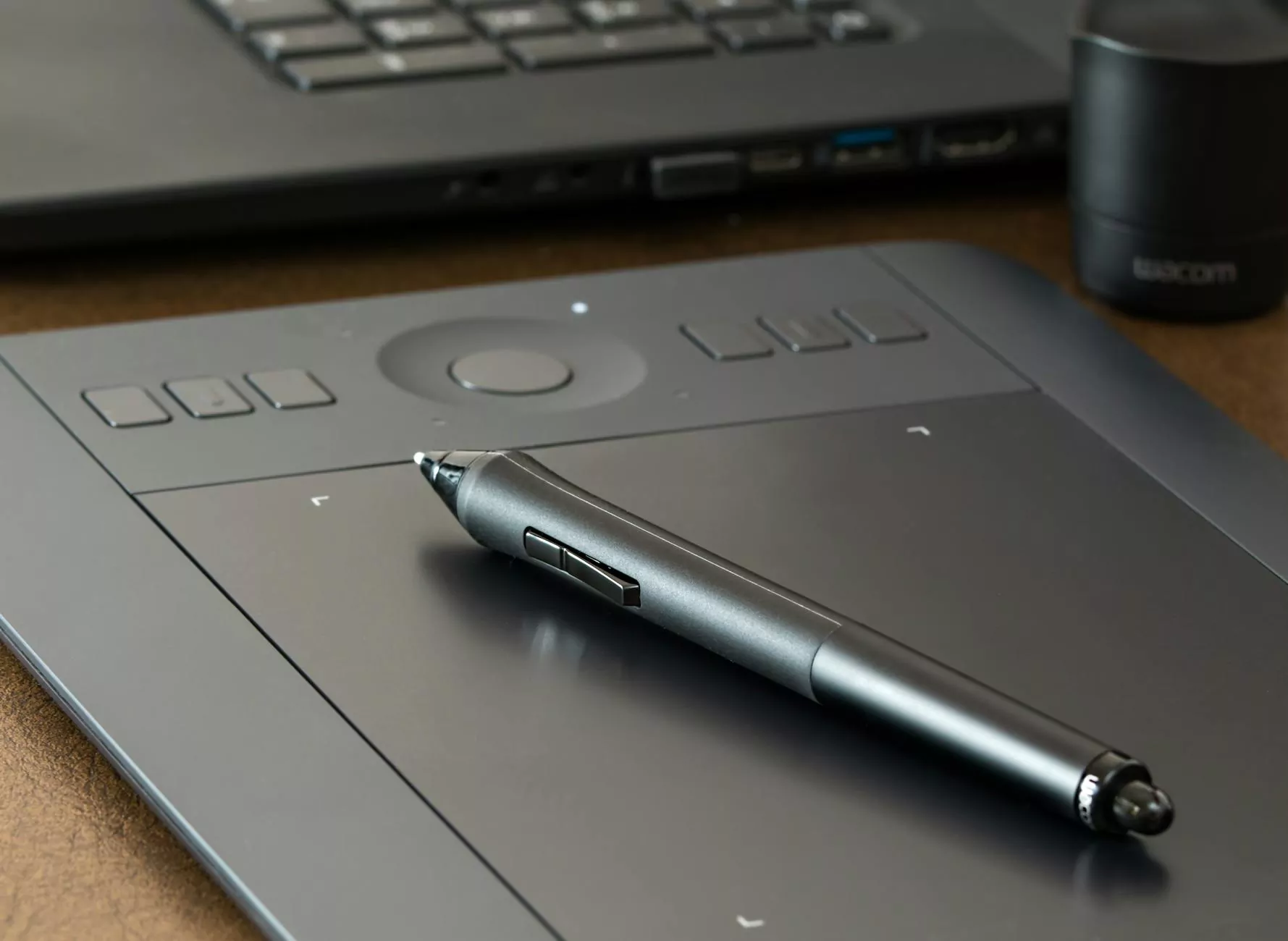The Importance of Quality Surgical Instruments in Modern Healthcare

In the world of healthcare, the importance of surgical instruments cannot be overstated. These specialized tools are vital for successful surgical procedures, impacting patient outcomes and the efficiency of healthcare delivery. In this article, we will delve into the quality, categories, and evolution of surgical instruments, and why they are crucial in the medical field. We will also explore the marketplace for medical supplies, which continues to grow and transform.
Understanding Surgical Instruments
Surgical instruments are tools specifically designed for carrying out surgical tasks, including cutting, clamping, suturing, and holding tissues and organs. Unlike general instruments, their design and functionality are tailored to the precise needs of surgical procedures.
Categories of Surgical Instruments
There are several categories of surgical instruments, each serving specific purposes in the operating room:
- Cutting Instruments: These include scalpels, scissors, and knives, designed to incise tissues efficiently.
- Grasping Instruments: Forceps and clamps fall into this category, allowing surgeons to hold and manipulate tissues accurately.
- Hemostatic Instruments: Such as hemostats, are essential for controlling bleeding during surgery.
- Suturing Instruments: Needle holders and suture scissors are used for closing incisions and securing tissues.
- Electrosurgical Instruments: Devices that use high-frequency electrical currents to cut tissues and coagulate blood, minimizing bleeding.
The Evolution of Surgical Instruments
The history of surgical instruments is a testament to the advancements in medical technology and knowledge. From primitive tools used in ancient civilizations to the sophisticated instruments of today, the evolution reflects the progression of surgical techniques.
Ancient Tools to Modern Precision
In ancient times, surgeons relied on crude tools made from stone and bronze. The Greeks and Romans developed more refined instruments, laying the groundwork for modern surgical practices. Over the centuries, innovations such as:
- New Materials: The introduction of stainless steel significantly increased the durability and sterility of surgical instruments.
- Ergonomic Designs: Modern instruments are crafted for better grip and control, reducing surgeon fatigue.
- Advanced Manufacturing Methods: Precision machining and computer-aided design have enhanced the accuracy of surgical instruments.
The Significance of Quality in Surgical Instruments
Quality in surgical instruments is paramount. High-quality instruments not only ensure the safety of patients but also contribute to the efficiency of surgical procedures. When instruments are precise and reliable, surgeons can perform their tasks with confidence.
Patient Safety and Outcomes
Using high-quality surgical instruments minimizes the risk of complications during surgery. Instruments that are sturdy and well-designed help in:
- Minimizing Trauma: The right instruments can reduce tissue damage, leading to faster recovery times for patients.
- Enhancing Precision: Precision instruments allow for more accurate incisions and placements, crucial for delicate surgeries.
- Reducing Infection Risk: Quality instruments are easier to sterilize and less likely to harbor bacteria, contributing to patient safety.
Operational Efficiency
In addition to patient safety, the efficiency of surgical procedures greatly depends on the instruments used. High-quality instruments facilitate:
- Faster Procedures: Instruments that function smoothly can drastically reduce the time taken for surgeries.
- Less Need for Replacements: Durable instruments cut down costs associated with frequent replacements and repairs.
- Better Team Dynamics: Reliable instruments minimize frustration among surgical teams, allowing for better communication and performance.
The Market for Surgical Instruments
The demand for surgical instruments has seen significant growth in the healthcare market. With advancements in medical technology and an aging population, the need for surgical procedures is ever-increasing. This surge creates opportunities for manufacturers and suppliers in the medical supplies sector.
Trends in the Surgical Instruments Market
Several trends are shaping the landscape of the surgical instruments market:
- Minimally Invasive Surgery: There is a growing preference for minimally invasive techniques, which require specialized instruments tailored for these procedures.
- Robotic Surgery: The rise of robotic-assisted surgical systems is leading to the development of innovative instruments designed for precision and control.
- Sustainability Concerns: The industry is also moving towards eco-friendly materials and practices, responding to the global push for sustainability.
Choosing the Right Surgical Instruments
For healthcare providers, selecting the right surgical instruments is critical. Considerations include:
- Purpose: Instruments must match the specific type of surgery being performed.
- Quality Standards: Ensure that instruments meet established regulatory standards like ISO or FDA approval.
- Supplier Reputation: Partnering with a trusted supplier, like New Medical Instruments, guarantees access to reliable and quality products.
Conclusion
In conclusion, the significance of surgical instruments in healthcare is profound. As the medical field continues to evolve, so too does the technology and quality of the instruments used. Investing in high-quality surgical instruments not only enhances surgical outcomes but also promotes patient safety and operational efficiency. As we move forward, staying abreast of market trends and advancements is essential for healthcare professionals and surgical teams alike.
For anyone involved in the medical supply chain, it is crucial to prioritize quality and reliability when selecting surgical instruments. The future of healthcare hinges on the tools we choose, making it imperative to invest wisely in these instruments.









